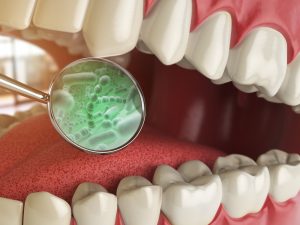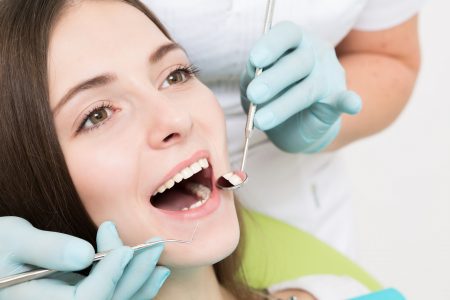According to a nationally representative poll of 790 parents with at least one child aged 0-5, 40 percent of parents had a child who has not had a dental visit.
Experts say starting dental visits early helps set children up for healthy oral hygiene, with parents learning about correct
A quarter of parents who had delayed dental visits said their child’s teeth are healthy but researchers note it is unlikely that a parent could detect early tooth decay. Parents may not notice decay until there’s discoloration, and by then the problem has likely become significant. Immediate dental treatment at the first sign of decay can prevent more significant dental problems down the road, which is why having regular dentist visits throughout early childhood is so important.
If you, your family or friends need dental care, we would be honored to provide you with state-of-the-art dental care in our modern dental practice. Refer someone you love to someone you trust!
Presented as a service to the community by Doctors Hoover and Yanda,
39 Milford Drive, Hudson, Ohio 44236. 330-650-0360. www.drshooverandyanda.com

 them over a prolonged period and holding them in the mouth is not good. The acid dissolves minerals in the enamel, making it thinner.
them over a prolonged period and holding them in the mouth is not good. The acid dissolves minerals in the enamel, making it thinner.
 perform the activities of daily living. Frailty is a major healthcare challenge for older adults and caregivers. Someone who is frail can be weak, have less endurance, and be less able to function well. Frailty increases the risk for falls, disability, and even death.
perform the activities of daily living. Frailty is a major healthcare challenge for older adults and caregivers. Someone who is frail can be weak, have less endurance, and be less able to function well. Frailty increases the risk for falls, disability, and even death.

 reaction to an infection. A toothache certainly is one of life’s more unpleasant experiences. It can start as a dull throb and escalate to the point of excruciating pain. A couple of things are certain: a toothache is a sign of a problem and that problem should get prompt professional attention.
reaction to an infection. A toothache certainly is one of life’s more unpleasant experiences. It can start as a dull throb and escalate to the point of excruciating pain. A couple of things are certain: a toothache is a sign of a problem and that problem should get prompt professional attention. 
 There are generally three phases to getting an
There are generally three phases to getting an 